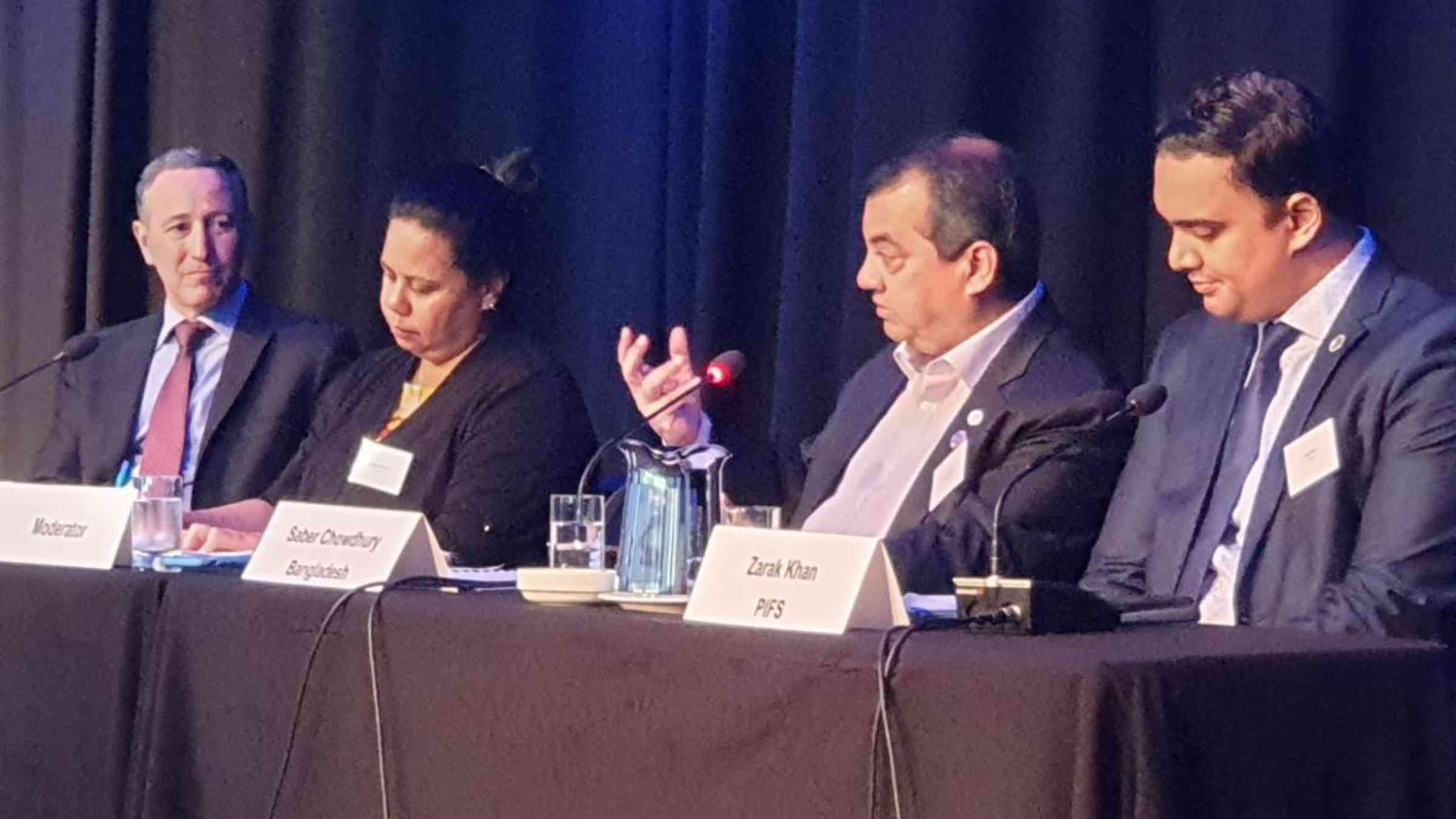Bangladesh declares climate change a “planetary emergency”

BANGKOK, 15 November 2019 – Bangladesh on Wednesday declared climate change to be a “planetary emergency” and called on the world to work “on a war footing” to combat it and reduce its impacts.
Led by parliamentarian Mr. Saber Hossain Chowdhury, who is a global champion for disaster risk reduction and former president of the Inter-Parliamentary Union, the Bangladesh parliament unanimously passed a motion declaring a “planetary emergency.”
While countries such as Britain, France, Canada, Portugal, and Argentina have declared climate emergencies, the Bangladesh parliament is the first to declare a “planetary emergency.” The declaration also makes Bangladesh the first among developing countries to issue such an alert and call for action.
The impacts of climate change are already being felt in the Asia-Pacific region, which is experiencing an increase in the frequency, intensity, and duration of climate-related hazards such as cyclones, floods, droughts, and heatwaves.
Bangladesh is among the countries most vulnerable to the effects of climate change. The passage of the motion coincides with the 49th anniversary of the 1970 Bhola cyclone, which killed hundreds of thousands of people in the densely populated Ganges-Brahmaputra delta and is considered one of the deadliest disasters in recorded history.
The motion calls on countries to step up their commitments under the Paris climate agreement and highlights that developing countries require assistance to build up the resilience from climate-induced disasters:
“Planetary justice and climate equity demands that these vulnerable countries are assisted with requisite finance and technology to meet development aspirations.”
Commenting on the motion, Mr. Chowdhury, who recently addressed governments and stakeholders in Australia for the Asia-Pacific Partnership Forum for Disaster Risk Reduction, said:
“For the first time in human history, our planet faces a series of converging crises, all on the same timeline - global warming, disasters, extreme weather events, bio-diversity loss, acidification of oceans, water stress, food insecurity, planetary overshoot. A perfect storm is brewing and we must act now before it’s too late.”
At the Forum, the United Nations Office for Disaster Risk Reduction (UNDRR) called on countries to accelerate their efforts to reduce their risk to disasters and build up the resilience of communities and infrastructure to counter the impacts of climate change. This call resulted in a set of priorities that can help all countries accelerate their national and local efforts.
These priorities will shape the agenda of the upcoming Asia-Pacific Ministerial Conference on Disaster Risk Reduction (APMCDRR), which will be co-hosted by UNDRR and the Government of Australia in June 2020, in the Australian city of Brisbane.